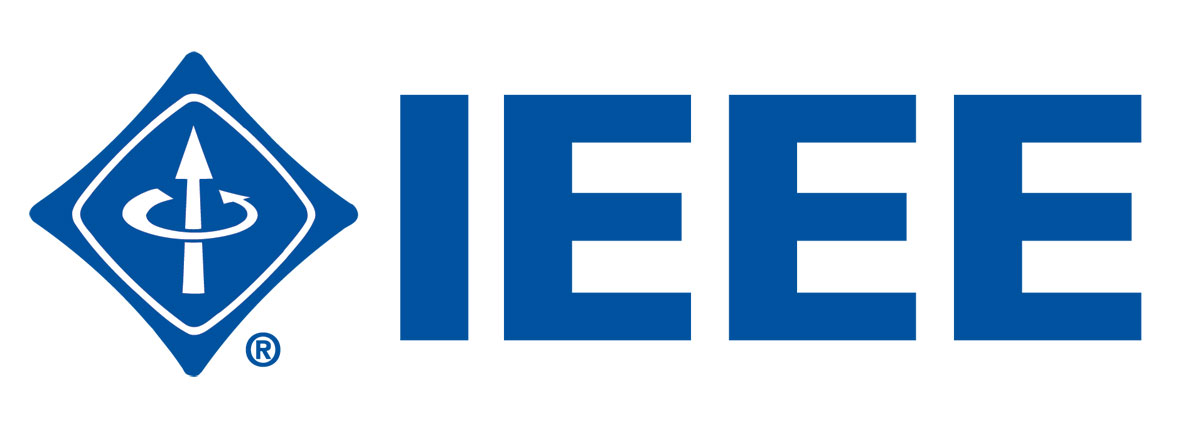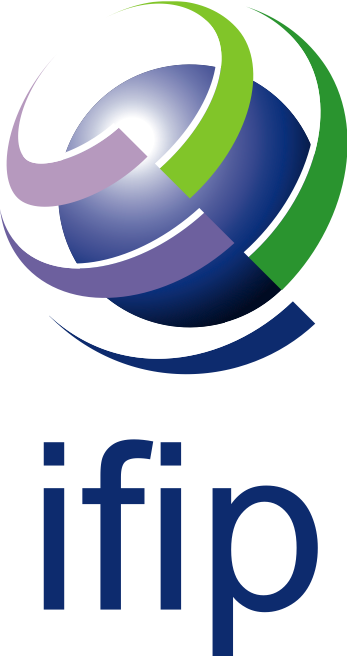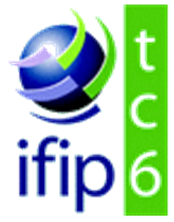Track 1: Ad hoc and Sensor Networks
Scope:
Over the last decade Mobile Ad-hoc NETworks (MANET) and Wireless Sensor Networks (WSN) have attracted a lot of attention from the network research community. Many efforts have been devoted to this topic, producing a significant number of contributions to different issues; like multi-hop routing protocols, MAC protocols, security architectures and mechanisms, etc. Although the fundamental issues of MANET and WSN have been by now largely investigated, a mature understanding of the challenges related to real application scenarios is still missing. Moreover, new application contexts, like inter-vehicular networks or underwater sensor networks are raising exciting new questions. The adaptation to realistic application scenario, the emergence of new application contexts, and the development of new communication technologies (e.g. MIMO, Cognitive Radio), require a reconsideration or an adaptation of the initial ideas and approaches originally designed for MANET and WSN, respectively.
The purpose of this track is to bring together researchers, engineers, and students from academia and industry, to discuss, to share their experiences, and to exchange new ideas about theoretical and practical aspects of MANET and WSN. We solicit original and unpublished research in all aspects of Ad-Hoc, Sensor and MESH Networks, including, but not limited to, the following topics:
- Unicast and multicast routing
- MAC protocols and scheduling
- Radio resource management in wireless networks
- Protocols and mechanisms for QoS support
- Self-organization and network reconfiguration
- Security, privacy and trust
- Energy-efficient communications
- Modelling and algorithmic challenges in wireless networks
- WSN for Health/Ecology/Emergency
- Wireless Mesh networks
- Vehicular Ad-Hoc Networks
- UnderWater Sensor Networks
- Delay Tolerant Networks
- Implementations, testbeds, and prototypes
Track Chairs
|
Nadjib Achir, University Paris 13, France Khaled Boussetta, University Paris 13, France |
Technical Program Committee (to be completed):
|
Anelise Munaretto, UTFPR, BR Artur Ziviani, LNCC, BR Christian Prehofer, Nokia Research Claudio Palazzi, University of Padova, IT Dario Maggiorini, University of Milano, IT Dorsaf Azzabi, Gunma University, JP Eduardo Nakamura, FUCAPI - Research and Technological Innovation Center, DE Fabio Martignon, Università di Bergamo, IT Fahed Awad, Jordan University of Science and Technology, JO Federico Pedersini, Università degli Studi di Milano, IT Gentian Jakllari, BBN Technologies Jose Neuman, UFC, FR Jun-Hong Cui, University of Connecticut, USA Khaldoun Al AghaUniversity of Paris XI, FR Lila Boukhatem, Paris-Sud&LRI/CNRS, FR Luigi Iannone, Deutsche Telekom Laboratories, TU Berlin, DE Luis Henrique Maciel Kosmalski Costa, Federal University of Rio de Janeiro, BR Marcelo Dias de Amorim, UPMC Paris Universitas, FR Mario Gerla, University of California at Los Angeles, USA Martin Krebs, RWTH Aachen University, DE Mauro Fonseca, PUC-PR, BR Mischa Dohler, CTTC, ES Nizar Bouabdallah, INRIA, FR Otto Carlos Duarte, Universidade Federal do Rio de Janeiro, BR Pascale Minet, INRIA, FR Qin Xin, Simula Research Laboratory, NO Raouf Boutaba, University of Waterloo, CA Rolland Vida Budapest University of Technology and Economics, HU Saadi Boudjit, University of Paris 13, FR Sidi-Mohammed Senouci, France Telecom R&D, FR Stefan Weber, Trinity College Dublin, IE Thomas Luckenbach, Fraunhofer Institut FOKUS, DE Tzung-Shi Chen, National University of Taiwnan, TW Visvasuresh Victor Govindaswamy, Texas A&M University-Texarkana, USA Xiaoyan Hong, University of Alabama, USA Yacine Ghamri Doudane, LRSM, Ensiie, FR Zonghua Zhang, National Institute of Information and Communications Technology, JP |


